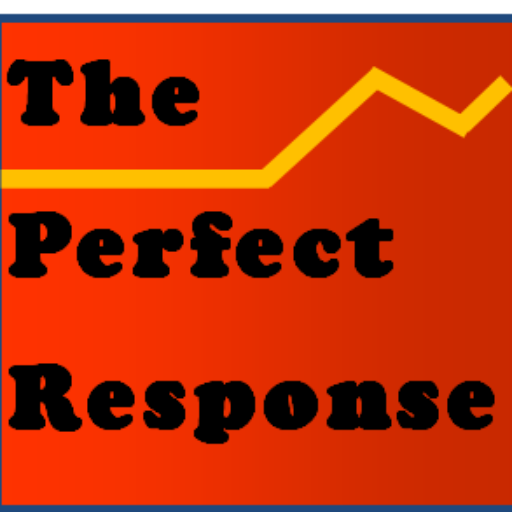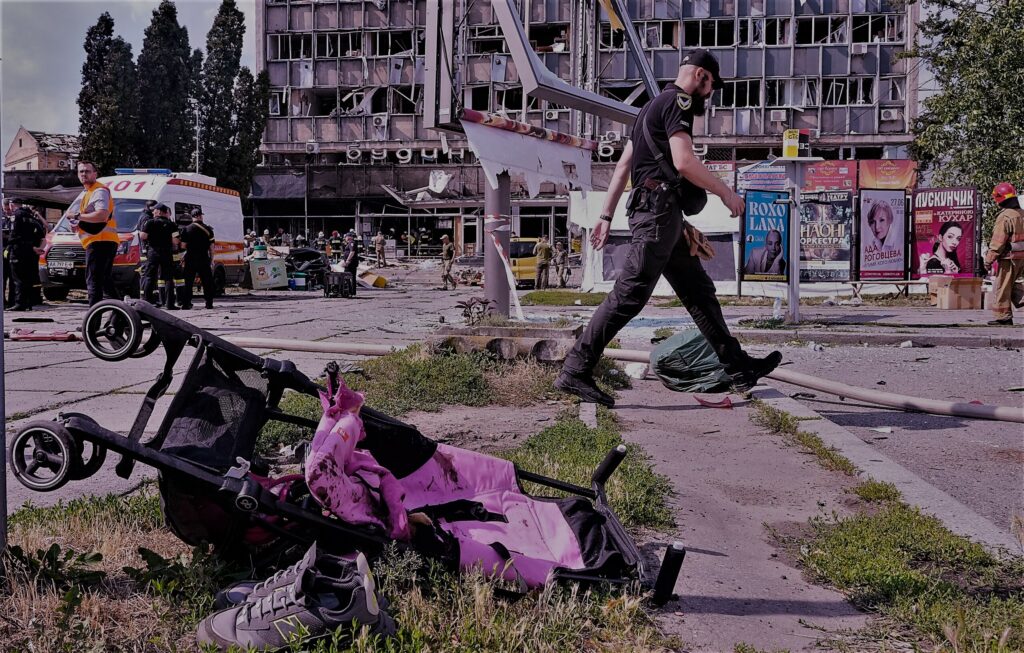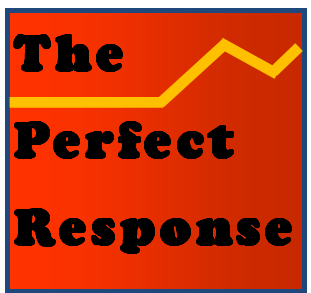How does a nation that boasts of its modernity co-exist with nearly medieval tactics of warfare?

Few of us can stomach it for long, but any close reading of the Russian way of war is a trip backwards to a broken society with a barbaric military. Corruption, delusions of projected power, and complicit media make it all worse. Even so, it is hard to fathom that the average Russian has not comprehended the world’s revulsion with national defense units that make so little distinction between armed and civilian targets. The West and Ukraine have unmasked the sheer ineptness of the military, even though it has still managed to send missiles to too many apartment blocks and playgrounds.
Of course, we Westerners lack the longer view that pitches the idea that states in the former Soviet Union—especially Ukraine—were meant to have a lifelong political kinship with Russia’s west. But this fantasy no longer applies, and the nation’s leadership is stuck looking in the rear-view mirror, which partly accounts for the barbaric 19th and 20th Century war atrocities visited on Ukrainian cities. So far, credible estimates indicate that Russia has destroyed 16,000 apartments, 120,000 houses and caused billions in property and infrastructure damage. When their outlaw armies leave an area, returning residents can be assured that schools and churches will have been pillaged or burned. Ruins and revenge killings are a trademark of the Russian Army, made even worse by forced population resettlement of many eastern Ukrainians. Incredibly, this appears to be motivated in part by a strategy to bolster a sagging Russian birthrate and self-exile.
How does a nation that boasts of its modernity co-exist with nearly medieval tactics of warfare? How does the national mindset of looking the other way still work as a means of getting through the long nights and short summers?
Add in the nuclear sword play that Putin regularly struts through in his public rhetoric, and you have a picture of a kind of dissolute leadership matched only by few other states. No memories of a once-flowering Russian culture can mask the rot represented in this futile effort to rebuild national glory. Even past achievements in art and music can’t cover up the hollowed-out society that modern Russia has become. Coexisting with this failed state will require the patience and ingenuity of several future generations.
![]()



